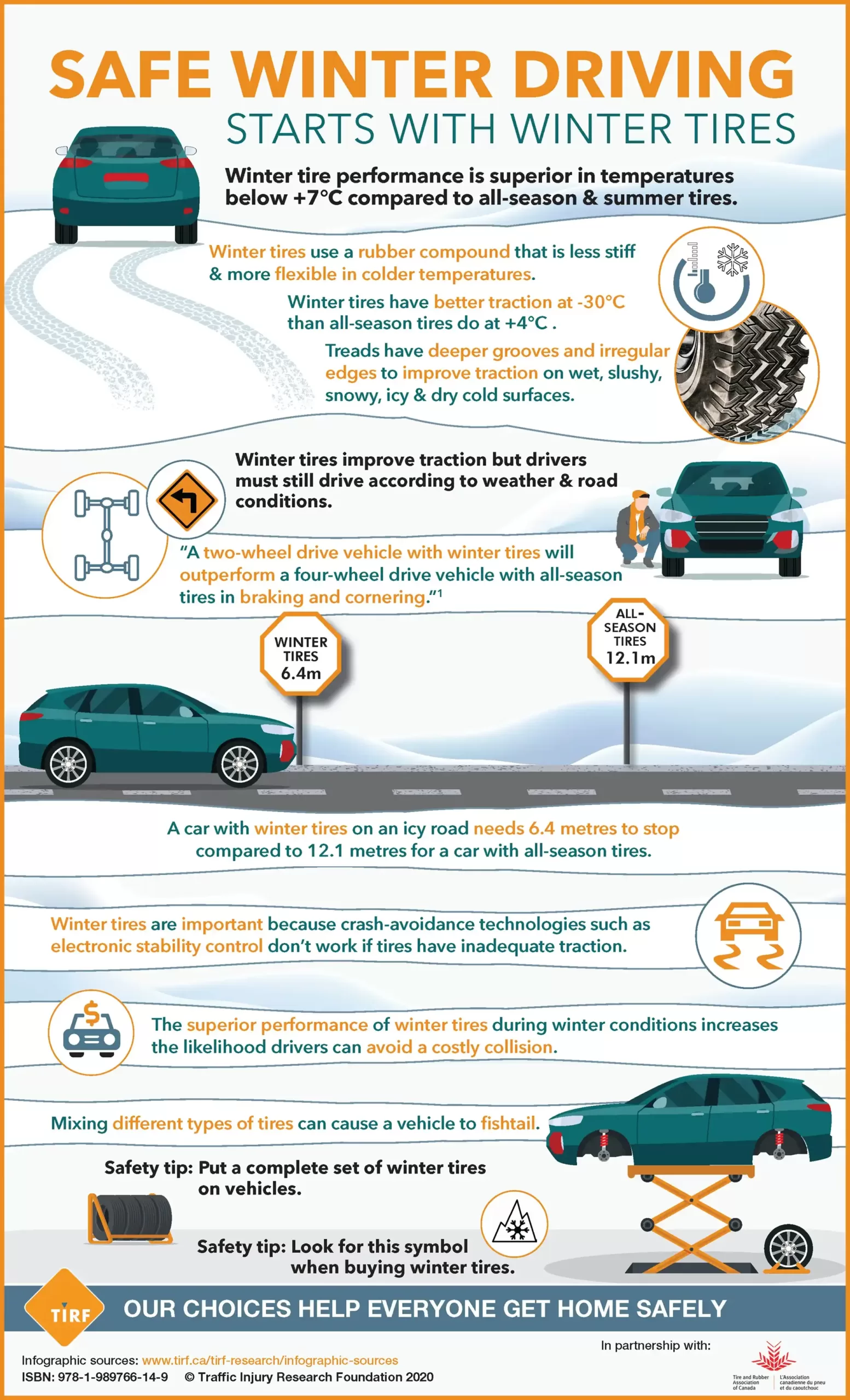March 18, 2024
Summer Tires for best driving
Signs of Summer
Why should you change to summer tires?
Tires designed for the season allow optimal safety and performance:
- Summer tires make more contact with the road. They have different traction with shallower grooves designed in the rubber ensuring a better grip. The tread pattern aids cornering and braking as well.
- Tread channels helps stability and designed kerfs or grooves push out water to resist hydroplaning on wet roads. The tire edge has a larger contact area to allow more grip for better cornering and turning changes.
- Sticky rubber composition gives summer tires the best braking performance. (That same composition hardens in colder temperatures and is not part of a winter tire.)
- Summer tires increase responsiveness, cornering, and braking capabilities, improving road precision.
- When temperatures are consistently above 7°C you can switch to summer tires or all-season tires. They are engineered for better performance in warm weather and give better traction on dry and wet surfaces.
- Proper storage will extend the life of your tires
- What to do after the winter tires come off? We can store your winter tires for you. We keep them dry, cool and dark – the best possible environment for longevity. Our facility is indoor and ozone/hydrocarbon free. Save yourself the lifting and the storage room. We’ll tire-sit and have them ready for next year!
Ontario insurance companies offer lower premiums (could be 5% reduction) for winter tire installation. Required dates will be mentioned in the contract but usually, it’s from late October to mid-November, and then you can take them off around April. Check that date before you do the tire swap.
What to watch for:
- Swapping tires means two sets that last longer. That makes sense since they each perform for half the year. And it’s the best performance! Its the right grip and technology for the weather, not a medium that is good enough. Its a good choice.
- Winter tires in summer are not recommended. The rubber is designed for cold and the heat of summer means less breaking power, more gas consumption and less control. They’re engineered for best performance at below 7°C. But they’re great in winter!
Questions? Contact us – we’d love to help.


